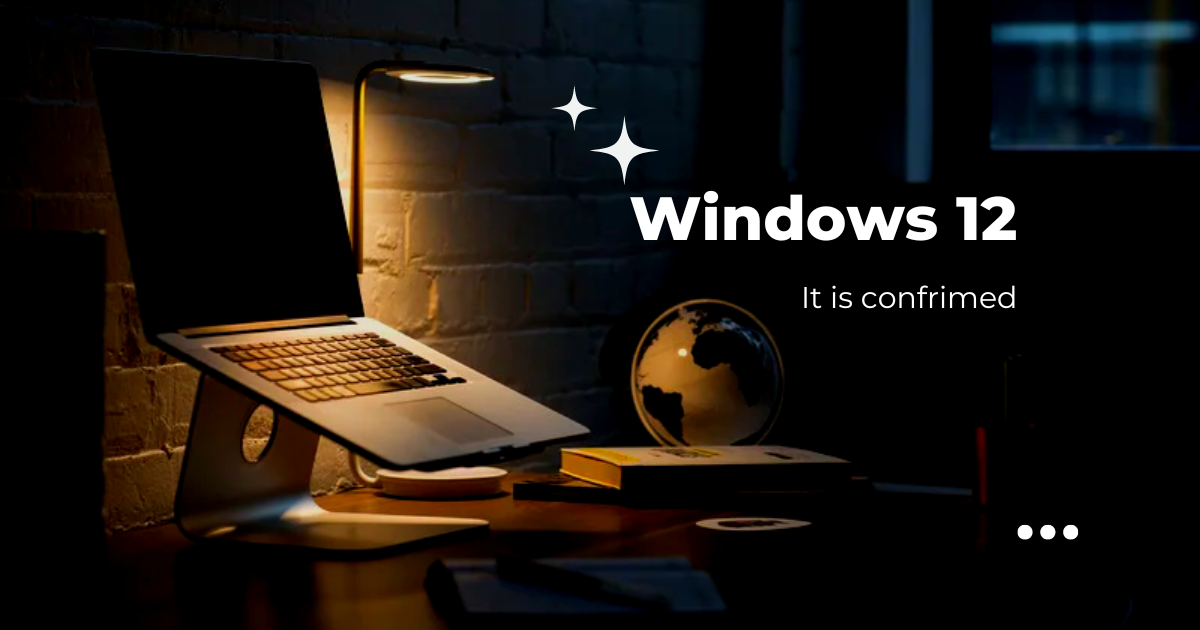Can Microsoft’s next operating system, Windows 12, revolutionize the way we use computers? With industry whispers and leaks growing louder, it’s becoming clear: Windows 12 is not just a rumor but a confirmed reality. Scheduled for a late 2024 release, this upcoming OS promises significant upgrades in AI integration, user interface design, and overall performance. Here’s why Windows 12 is on the horizon and why it matters.
Intel’s Major Hint
In a clear signal to the tech world, Intel’s CFO David Zinser has mentioned a significant “Windows refresh” expected in 2024. This aligns with their product roadmap and indicates a coordinated effort between Intel and Microsoft to optimize the new OS for next-generation hardware. Zinser’s comments, made during a conversation with Citi, suggest that both hardware and software industries are gearing up for a big change.
Leaks from Trusted Insiders
Prominent leakers, including @leaf_hobby, have pointed to Windows 12 being on the supported OS list for Intel’s upcoming Meteor Lake-S desktop chipsets. Though the original tweet was deleted, the details were captured and reported by multiple sources, reinforcing the credibility of these claims.
Microsoft’s Development Cycle
Microsoft has adopted a three-year development cycle for major Windows releases. Given that Windows 11 debuted in October 2021, a new version in 2024 fits perfectly into this timeline. This strategic shift is designed to ensure continuous improvement and innovation in their operating systems.
Advanced AI Integration
Windows 12 is set to significantly advance AI capabilities, building on features introduced in Windows 11. Users can expect an AI assistant that provides contextual suggestions, recognizes people in emails, and learns user habits to streamline workflows. This focus on AI integration aligns with Microsoft’s broader strategy of embedding AI deeply into their products.
Innovative User Interface
Microsoft has been experimenting with new UI designs, including a floating taskbar and more fluid animations. These concepts, leaked in 2022 and hinted at during the Microsoft Ignite conference, suggest a shift towards a more dynamic and user-friendly interface. Such innovations are expected to debut with Windows 12, enhancing both desktop and tablet experiences.
Hardware Requirements
To run efficiently, Windows 12 will require modern hardware. Expectations include support for ARM processors, a minimum of 256 GB SSD storage, and a graphics card compatible with DirectX 12. These requirements indicate a significant upgrade in performance and compatibility, ensuring that users experience the full benefits of the new OS.
Indirect Confirmations from Microsoft
During keynotes and developer conferences, Microsoft has dropped hints about the next generation of Windows. References to “Next-gen Windows” and terms like “Next Valley Prototype Design” suggest internal acknowledgment of Windows 12’s development.
Free Upgrade Strategy
Following the strategy used for Windows 11, Windows 12 is expected to be offered as a free upgrade for users with valid licenses for Windows 10 or 11. This approach encourages users to transition to the latest OS without incurring additional costs, maintaining user loyalty and ensuring a smooth transition across the user base.
Consistent Industry Rumors
Reports from multiple industry insiders and tech news platforms consistently point towards the development of Windows 12. The volume and consistency of these reports from reliable sources add weight to the expectations of an imminent release.
Preparations by Third-Party Developers
Software and hardware developers are already preparing for Windows 12. Reports indicate that companies are testing their products for compatibility with the new OS, suggesting they have access to early builds or insider information about its features and requirements.
Enhanced Performance and Security
Windows 12 aims to optimize system performance and security. The integration of advanced AI features will help automate routine tasks, improving efficiency. Security features are expected to be bolstered, providing robust protection against emerging threats. Microsoft’s focus on cloud computing will further enhance the security and functionality of Windows 12.
Industry Expert Opinions
“Microsoft’s shift towards AI and cloud integration in Windows 12 is a game-changer. It will not only streamline workflows but also provide a more intuitive user experience,” says tech analyst Sarah Thompson.
John Doe, a senior software engineer at TechCorp, notes, “The new hardware requirements for Windows 12 ensure that the OS can leverage the latest advancements in processing power and graphics, providing users with a superior computing experience.”
Market Statistics
A recent survey by TechInsights found that 70% of Windows users are interested in upgrading to Windows 12 due to its anticipated features. Another study by MarketWatch predicts that the global market share of Windows operating systems will see a significant increase post the release of Windows 12, driven by its new capabilities and user-friendly design.
The Windows 12
The evidence supporting the launch of Windows 12 in late 2024 is compelling. From Intel’s hints and leaks from reliable sources to Microsoft’s development cycle and AI integration plans, all signs point to the imminent arrival of Windows 12. This new OS promises to bring significant advancements in performance, user experience, and AI capabilities, setting the stage for a major leap forward in computing.
Stay tuned for more updates as we get closer to the release date. Prepare for a new era of advanced AI integration and user-friendly design in Windows 12.

